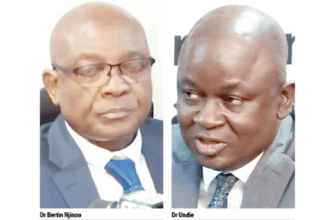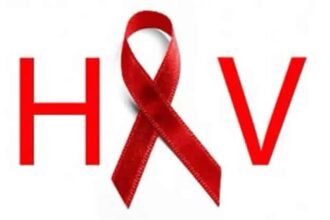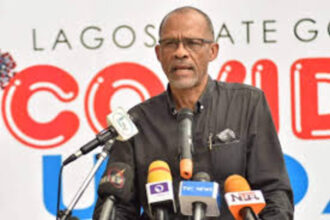Across Nigeria today, from the bustling streets of Lagos to the rural communities of Zamfara, more people are making food choices based on what they see on social media, hear from friends, or are told by self-proclaimed health experts.
Detox teas, juice cleanses, high protein diets, weight-loss diets etc are gaining traction, not because they are backed by science, but because they are trending.
Unfortunately, many of these diet fads are grounded in misinformation, and the consequences are becoming alarmingly clear.
Data from the 2021 Nigeria Multiple Indicator Cluster Survey (MICS) shows that only 31% of children between the ages of 6 and 23 months receive a minimum acceptable diet.
At the same time, urban centers are witnessing a steady rise in overweight and obesity, particularly among adults.
According to the World Health Organization (WHO), non-communicable diseases (NCDs) such as diabetes, hypertension, and heart disease—now account for nearly 28% percent of all deaths in Nigeria.
These are no longer “Western” problems; they are Nigerian realities, fueled in part by a lack of accurate nutrition knowledge.
ALSO READ: ‘Multi-micronutrient supplements key to prevent malnutrition in U-5 children’
A nutrition expert and PhD Candidate at the Utah State University, USA, Oluyemisi Akinsola, raised concerns that the situation is made worse by the severe shortage of qualified professionals.
She also lamented that Nigeria has inadequate trained nutritionists/dietitians to an average population, a figure that falls far short of global recommendations.
“This shortage means that most people are left to fend for themselves when making nutrition options, often turning to social media influencers, friends, or self-proclaimed experts for guidance.”
“Nutrition is rarely part of our everyday conversations in schools, communities, or even health clinics.
“Unlike mathematics or biology, nutrition education is not systematically taught in classrooms.
“Children grow up with limited understanding of basic concepts such as balanced diets, food groups, or how to read a nutrition label.
“As adults, they remain vulnerable to diet-related myths that can lead to poor health outcomes.
“Compounding these challenges is the current economic climate, marked by a steep and widespread surge in food prices.
“According to the December 2024 Selected Food Price Watch, the average cost of food items rose by 91.6% year-on-year, from ₦1,524.63 in December 2023 to ₦2,920.13 in December 2024.”
“Staple foods were particularly affected, with brown beans (1kg) recording the highest price hike of 187.29%, increasing from ₦870.67 to ₦2,501.32. Onion bulbs (1kg) also rose significantly by 111.74%, reaching ₦2,057.81 from ₦971.86 the previous year.”
“Other essentials such as local rice, beef, and palm oil also experienced notable increases, all contributing to the overall strain on household food budgets.”
“This sharp escalation in food costs makes it increasingly difficult for many Nigerians to afford nutritious foods, pushing them toward cheaper, less healthy alternatives and raising concerns about food security and dietary quality.
While stating further, Akinsola said, if Nigeria is to make meaningful progress in tackling both undernutrition and the growing burden of non-communicable diseases, nutrition education must be taken seriously.
She added that schools should integrate age-appropriate food and health topics into their curriculum so that the next generation can make informed choices.
“Public health campaigns on radio, TV, and social media should be used to counter misleading trends with science-backed information, delivered in local languages and culturally relevant formats.”
“Government agencies such as NAFDAC and the Federal Ministry of Health have a role to play, too.
“They must step up efforts to regulate false health claims, especially online, where misinformation spreads rapidly.”
“At the same time, investments should be made to train and deploy more dietitians across every local government area, ensuring that communities have access to accurate, evidence-based advice.”
“As readers, we all have a part to play. Before trying the latest diet trend or buying the next “slimming tea,” ask yourself: Is this backed by evidence? Who is recommending it? and are they qualified? Be critical. Share verified information.”
“Encourage friends and family to speak to registered dietitians or nutritionists when they have concerns about their diet.
“Nutrition is the foundation of health and well-being. Without the right information, even the best intentions can lead us down the wrong path.
“As Nigeria confronts the realities of malnutrition, obesity, and rising NCDs, we must prioritize truth over trends. The time for real nutrition education is now”, she added.







